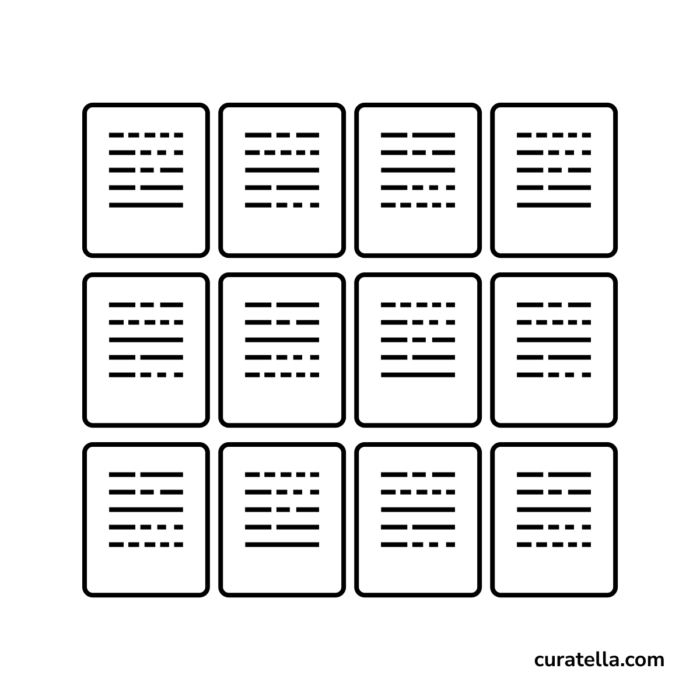I am really confused about my latest article: Simply Complexity Podcast with Kevin Richard and Massimo Curatella. I spent a lot of hours at night, stolen from my resting time, to carefully transcribe, revise, and highlight the discussion that went on between me and the host. I’ve found a lot of anchors to link to notes and previous articles. And many other refinements and prompts are there still to be done.
But the article and the podcast received very little interest. I think, asking for 60 minutes of continued attention is too much, nowadays. What’s the latest 60 minutes podcast I’ve been listing to? I remember the one with Naval Ravikant by Shane Parrish, many months ago. It was astounding and I enjoyed it while having a beautiful walk. More or less improvised conversations can be really interesting and engaging but you need to be really caught by the topics and the speakers have to be fluid, relevant, insightful.
I feel that this conversation was like venting off, for me, after years of thinking about the topics treated without the possibility to interact about them. I am naturally tending towards understanding the complexity of nature and its relationships, to go beyond the surface of things, to make connections between diverse fields and disciplines. I basically enjoyed it so much that I wasn’t even thinking to an audience or to make an article out of it. It was good and useful for me just for the sake of having a deep conversation with another person strongly passionate about the same topics.
I am proud and satisfied with having had this conversation in public and it’s only now that I am questioning the purpose and the usefulness of publishing that event online, on my blog.
If recording and writing thoughts and conversations are not enough to build more connected thoughts, the next step, then, would be exactly to extract the key topics and connect them into my already existing notes. I need to have the patience of growing “knowledge piles” by tidily and neatly accumulating knowledge blocks by topic and by connection. My usual concern is: if I am exploring and connecting in all directions, at 360 degrees, how much time will I need to have a solid thread of knowledge, thoughts, and reasoning on one single topic?
If “too much” is the possible answer, then, I am not doing it well. I have to, not only curate my thoughts but also to create an information architecture in which the pillars, the key topics, are emerging, clear, and easily recognizable.
artificial intelligence books collaboration collective intelligence communication complexity creativity CREAZEE Sprint critical thinking design design leadership design strategy design thinking drafts education facilitation facilitation methods free-flowing future thinking how innovation instructional design leadership learning networks newsletter note-taking notes personal development personal knowledge management poetry problem-solving professional development reading research Ship 30 for 30 short stories storytelling sustainability systemic design systems thinking thinking what writing zettelkasten
Assigning tags to articles is not enough. Writing notes dedicated to topics is not enough. I need to create continuity in a dialogue about a single topic. What are the experts thinking about it? What has been said about it, in the past? What’s the current situation? And, then, finally, what can I add to this dialogue? What’s my novel and useful contribution to that thread?
Isn’t that just the work of a researcher? If yes, what am I researching? If research is something well established as a discipline, what do I know about it? What do I want to acquire and use as a practitioner? What’s the role of having conversations about the researched topics in the public? What’s the added value in transcribing and blogging about a podcast? How do you know when your research is valid, good, useful? How do you do research outside of academia?
Another way to escape the routine or to get lost.

